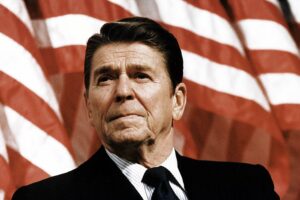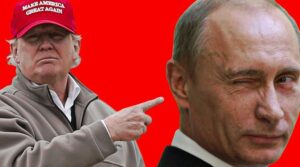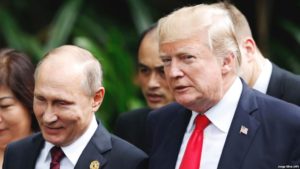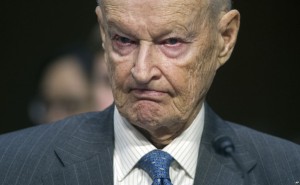How in the name of all that is holy can the MAGA movement justify its political kinship with this nation’s most notorious adversary?
I cannot even begin to comprehend this love affair with Vladimir Putin, his henchmen, his alleged principles and the idea that the MAGA cult in Congress is willing to all but give him a pass on his illegal and immoral invasion of Ukraine.
The MAGA cultists, of course, adhere to the blathering of the 45th POTUS, who has acknowledged that Putin “talks nice” about him and, therefore, is a good guy and a “strong leader.”
Let’s unpack briefly something about Russia that doesn’t get much play in the American media.
For starters, Russia is a much more diverse society than what POTUS 45 envisions for this country. He bellows about how he wants this country to become a “Christian nation,” but Russia is home to a far greater percentage of non-Christians than the USA.
And did you know that abortion happens to be legal in Russia? The former Liar in Chief wouldn’t for a nanosecond blink at the notion of abortion becoming illegal in this country.
The MAGA minions continue to cling to the moronic notion that their hero in this country can make nice with a known killer and that their partnership somehow will solve all the world’s problems.
I do not get it. I will go to my grave never understanding how an iteration of Russia — the Soviet Union — was once called an Evil Empire but somehow has become the darling of the radical right wing of this nation.




